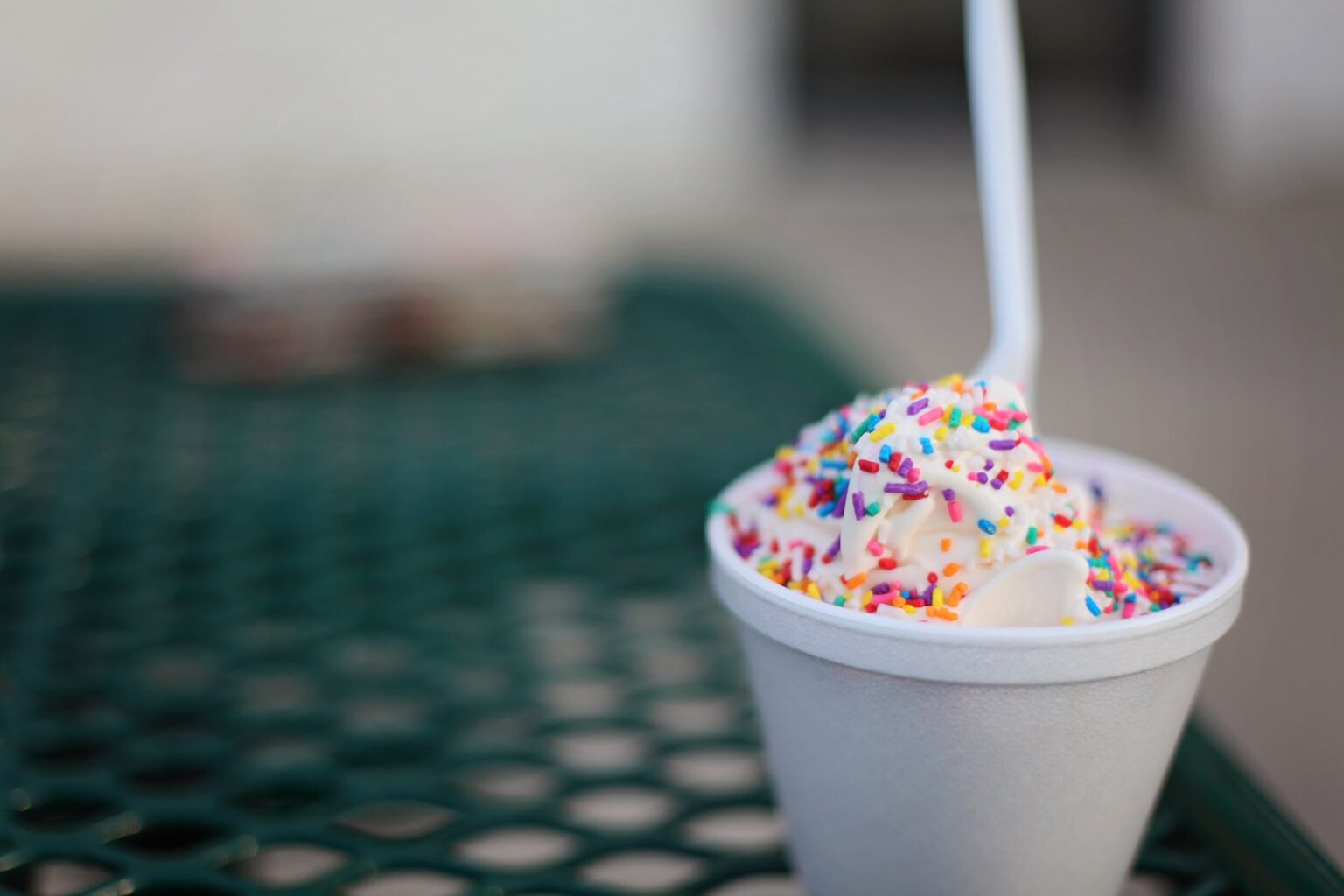I started recovery on Thanksgiving Day in 2017. There was a sense of urgency to the situation. I was thin, starving, and desperate for help.
But what about 10, 20, 30+ pounds later? When I wasn’t at death’s door? When I didn’t look like a walking corpse? Was the situation suddenly less urgent? Was I still deserving of the same aggressive treatment? Was I even sick?
In my opinion, the mid-recovery phase is the hardest. You don’t look hungry anymore, so everyone assumes you’re fine. Friends quit checking in on you, and parents loosen up around food. Mom isn’t very attentive at mealtimes, and dad doesn’t seem to notice that you’re hiding in the bedroom to exercise.
It’s easy to plateau at a “safe” spot in the mid-recovery phase. You feel comfortable here. It’s not too bad. You aren’t malnourished or underweight. Your hands aren’t so cold. And you’ve allowed yourself to eat certain fear foods.
But I see through your lies. I’m not fooled. You’re only eating the bare minimum to satisfy mom and dad. You’re challenging yourself, but not really. You don’t relax. You don’t laugh. You don’t connect with people. Food is always deliberately planned, and you wouldn’t dare to challenge yourself twice in row.
The scariest part of this “safe” zone is that it encourages complacency. You’re content with your progress and afraid to move ahead. Actually, you don’t want to move ahead at all. You’d rather stay here, where it’s “safe.” You don’t really plan on getting any better.
You aren’t dying. But you aren’t living. You’re just functioning. And if you aren’t careful, you’ll make a home of this “safe” zone. You’ll live in this perpetual state of “just functioning.”
Maybe the mid-recovery phase is hardest because you’re very sick. You’re as sick as ever, but it doesn’t show. You’re still restricting in one way or another. You’re controlled by rules and rituals. You won’t allow yourself to rest. You’re plagued with intrusive thoughts.
You need to push past the mid-recovery phase. Don’t settle for less than full recovery. But how can you do that? You need to get help. You need an authoritative figure in your life to hold you accountable. Ecclesiastes 4:9-10 says, “Two people can accomplish more than twice as much as one; they get a better return for their labor. If one person falls, the other can reach out and help.” Seek accountability! You won’t be able to do this on your own.

I’ve stressed the importance of full recovery, but what does that look like? Full recovery is:
Seriously enjoying food. It’s a second or third helping of your favorite dish.
Sleeping in for the sheer fun of sleep.
Resting without guilt. It’s sitting in a chair without feeling the urge to move.
Singing in the shower. This one may be different for everybody, but I used to love to sing. Anorexia took that away for a while. I quit singing. Full recovery gave me my voice back. Now I have entire concerts in the shower.
Laughing from the heart. The world is so much funnier without an eating disorder. I don’t have to force a laugh.
A new perspective on things. Truly, full recovery has opened my eyes to a beautiful world! Anorexia deadens the senses. Recovery is like a grand awakening! Everything is brighter and more colorful.
It’s easy to get stuck in a recovery rut. Relapse is normal. But don’t spend a lifetime in the “safe” zone. Don’t delay full recovery. Eating disorders are difficult because they make you feel like everything is under control. The reality is that your life is spinning out of control. You aren’t safe. Get past the mid-recovery phase and onto full recovery.
You’ve spent long enough faking it. It’s time to recover for real.
– Taylor

